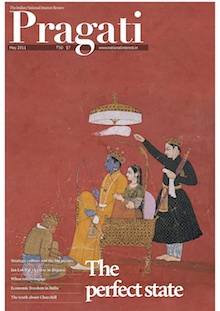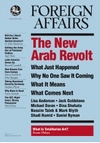In praise of nuclear power
In the global hunt for energy security, nuclear energy has grown increasingly relevant as countries struggle to find sustainable sources of energy. The ambitious plans to build the world’s biggest nuclear plant in Jaitapur may prove to be the litmus test that defines the role of nuclear energy in India's future.






